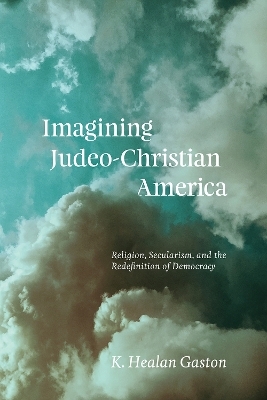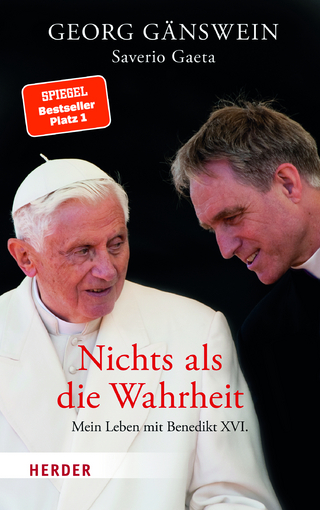
Imagining Judeo-Christian America
Religion, Secularism, and the Redefinition of Democracy
Seiten
2019
University of Chicago Press (Verlag)
978-0-226-66385-2 (ISBN)
University of Chicago Press (Verlag)
978-0-226-66385-2 (ISBN)
The term "Judeo-Christian" is remarkably easy to pass over without consideration. It seems obvious that Judaism and Christianity share texts, tenets, and values--and that these influenced the founders of the United States. However, in this ambitious book, K. Healan Gaston dispels the myth of a monolithic Judeo-Christian America. She argues that the idea of America as a Judeo-Christian nation is a relatively recent construct, and a potentially imperiling one if we fail to understand how various groups have mobilized Judeo-Christian rhetoric for their own political, cultural, and religious ends.
Ever since its inception in the 1930s and its widespread adoption during World War II, the apparent inclusiveness of the term "Judeo-Christian" has masked competing conceptions of religion, secularism, and politics. Gaston demonstrates that this choice of terminology was deeply rooted in arguments over the nature of democracy and totalitarianism that intensified during World War II and the transformational early years of the Cold War. She details how religious and political commitments intersected in the formation of postwar American culture and politics. Tracing debates over the meaning and implications of American pluralism from the nineteenth century up to the present, Gaston shows that the term "Judeo-Christian," originally aimed at including Catholics and Jews alongside Protestants, became a marker for conservative social values under Ronald Reagan, as part of the culture wars that erupted in the wake of the 1960s and continue to rage today.
Ever since its inception in the 1930s and its widespread adoption during World War II, the apparent inclusiveness of the term "Judeo-Christian" has masked competing conceptions of religion, secularism, and politics. Gaston demonstrates that this choice of terminology was deeply rooted in arguments over the nature of democracy and totalitarianism that intensified during World War II and the transformational early years of the Cold War. She details how religious and political commitments intersected in the formation of postwar American culture and politics. Tracing debates over the meaning and implications of American pluralism from the nineteenth century up to the present, Gaston shows that the term "Judeo-Christian," originally aimed at including Catholics and Jews alongside Protestants, became a marker for conservative social values under Ronald Reagan, as part of the culture wars that erupted in the wake of the 1960s and continue to rage today.
K. Healan Gaston is a lecturer in American religious history and ethics at Harvard Divinity School.
| Erscheinungsdatum | 23.10.2019 |
|---|---|
| Sprache | englisch |
| Maße | 152 x 229 mm |
| Themenwelt | Sachbuch/Ratgeber ► Geschichte / Politik ► Allgemeines / Lexika |
| Geisteswissenschaften ► Geschichte ► Regional- / Ländergeschichte | |
| Religion / Theologie ► Christentum ► Kirchengeschichte | |
| Geisteswissenschaften ► Religion / Theologie ► Judentum | |
| ISBN-10 | 0-226-66385-X / 022666385X |
| ISBN-13 | 978-0-226-66385-2 / 9780226663852 |
| Zustand | Neuware |
| Haben Sie eine Frage zum Produkt? |
Mehr entdecken
aus dem Bereich
aus dem Bereich
von Athanasius bis Gregor dem Großen
Buch | Softcover (2024)
C.H.Beck (Verlag)
12,00 €


